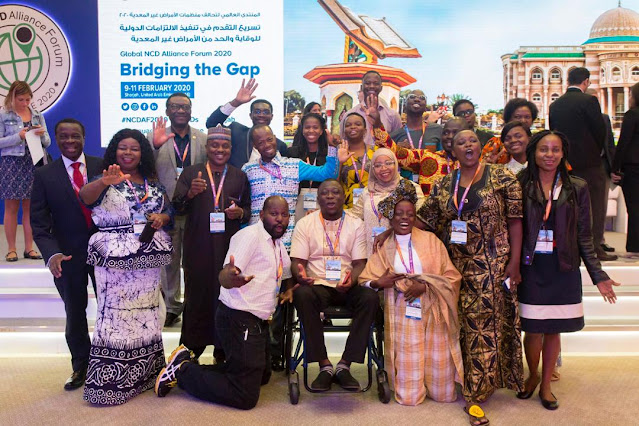Traveling with Diabetes
Just because you are going on a vacation, doesn’t mean your Diabetes management is too. As you plan for your trip; booking flights and hotels, where you will visit, you have to also plan your Diabetes management while you are there so that nothing stops you from having fun. Before You Travel: Visit your doctor for a check-up and get a prescription for enough medical supplies for your trip Get a medical ID card or bracelet that states that you live with Type 1 Diabetes Get a medical letter written and signed by your doctor that proves that you live with Type 1 Diabetes. Buy travel insurance in case you need medical care While Packing: Do not pack your medical supplies in your checking luggage. This is because insulin might get cold, your medical supplies can be damaged, and your luggage can be lost. Carry a smaller bag to have at your seat with your insulin, blood glucose monitor, and your other supplies. Carry twice the supplies you think you will need. That is insulin, bl...


